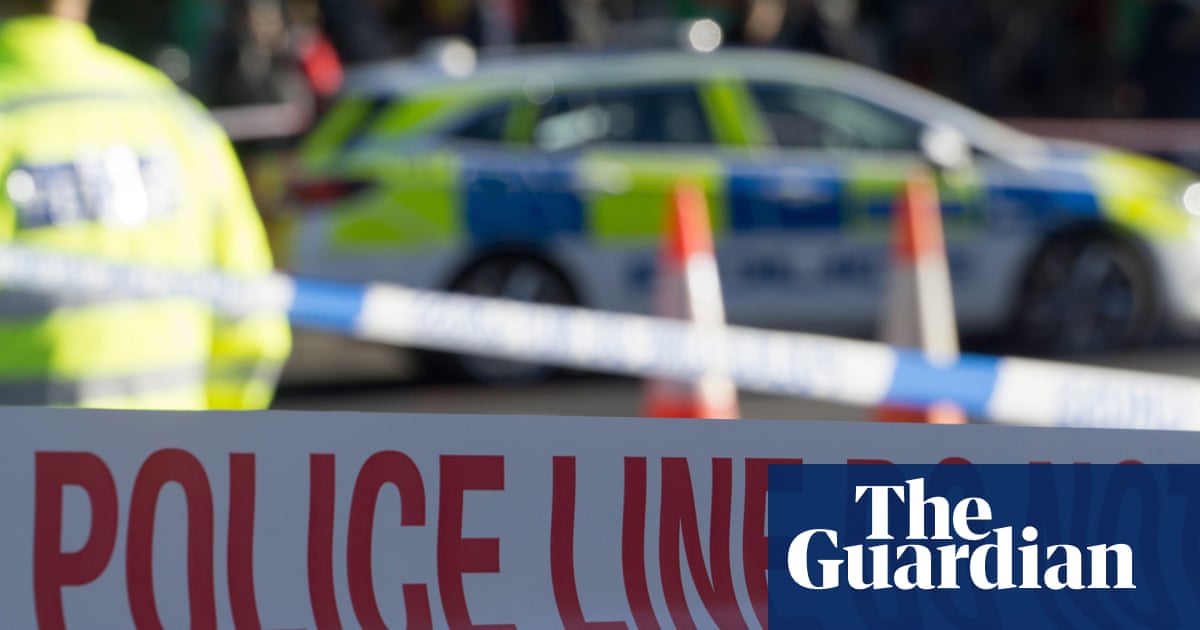
More than half of people prosecuted under joint enterprise are from minority ethnic backgrounds and black people are 16 times more likely than white people to be prosecuted, according to data from the Crown Prosecution Service.
Under the joint enterprise doctrine, an individual can be jointly charged with the crime of another if the court decides they foresaw the other person was likely to commit that crime and intended to encourage or assist them. This has resulted in bystanders, or people involved in much lesser criminal offences, being convicted of murder or manslaughter.
The CPS agreed to a six-month pilot scheme monitoring prosecutions for racial bias after a legal challenge from campaigners who argued joint enterprise disproportionately affected black males. The data was gathered by reviewing case files from February to August 2023. The overall sample included 190 cases and 680 defendants in six of the 14 CPS regions: London North, Mersey-Cheshire, North East, North West, West Midlands, and Yorkshire and Humberside.
It found 57% of those prosecuted were from minority ethnic backgrounds. White people make up 81.7% of the population but only 38.9% of defendants; black people make up 4% of the population and 30% of defendants. According to these figures, black people are 15.7 times more likely to be prosecuted than white people under joint enterprise. Asian people make up 9% of the population and 14% of the joint enterprise caseload, making them almost four times more likely than white people to be prosecuted.
The data also reveals that joint enterprise prosecutions disproportionately affect children, young people and men. Children aged 14-17 made up 14%, and 40% were young adults between the ages of 18 and 24. Almost 93% of joint enterprise defendants are male. Defendants with a disability accounted for 5%, and 21% of cases were gang related.
Becky Clarke, a senior lecturer at Manchester Metropolitan University, who has researched joint enterprise prosecutions for more than a decade, said: “Sadly, all the report does is confirm all our concerns about the use of joint enterprise to convict a disproportionate number of people from black, Asian and other racialised defendants. The evidence also reveals so starkly that too many of these defendants are children and young people. The scale here is shocking.”
Gloria Morrison, a co-founder of Jengba (Joint Enterprise Not Guilty By Association), which brought the legal action that led to the prosecutions being monitored for racial bias, said: “The data has proven that joint enterprise charging is not simply disproportionate against black and working-class defendants, it is a useful tool to gather up as many convictions as possible using what is clearly a racist doctrine that has no place in the British justice system.”
Jodie Beck, a policy and campaigns officer at the human rights group Liberty, which represented Jengba, said: “It’s unconscionable that such a practice exists, sweeping countless people unfairly into the criminal justice system, with many serving very long prison sentences – in some cases for life – for crimes they did not commit. Now that the racial injustice in the system is plain for all to see, the government must urgently end the use of joint enterprise to prevent the lives of more young people and their families from being ruined.”
Baljit Ubhey, the CPS director of strategy and policy, said: “This pilot has identified ethnic disparities in the CPS caseload for secondary liability homicide and attempted homicide cases. It is important to say that this data does not demonstrate that any charges have been improperly brought. We will continue to monitor these cases carefully so that we can ensure that we are prosecuting joint enterprise homicides and attempted homicides appropriately.”












